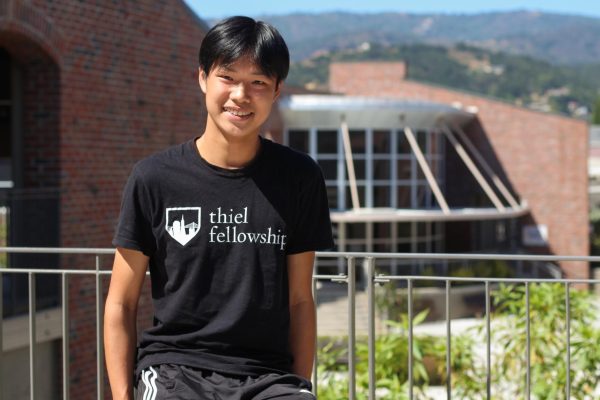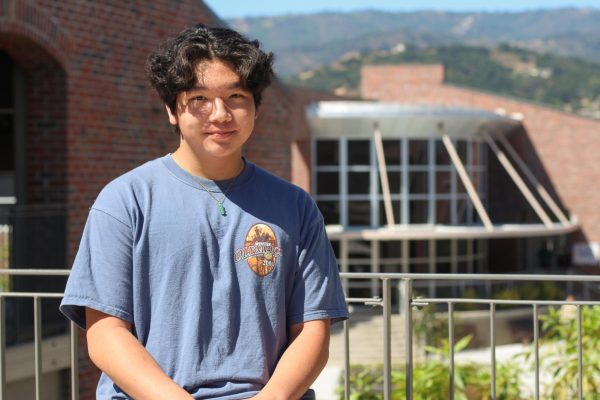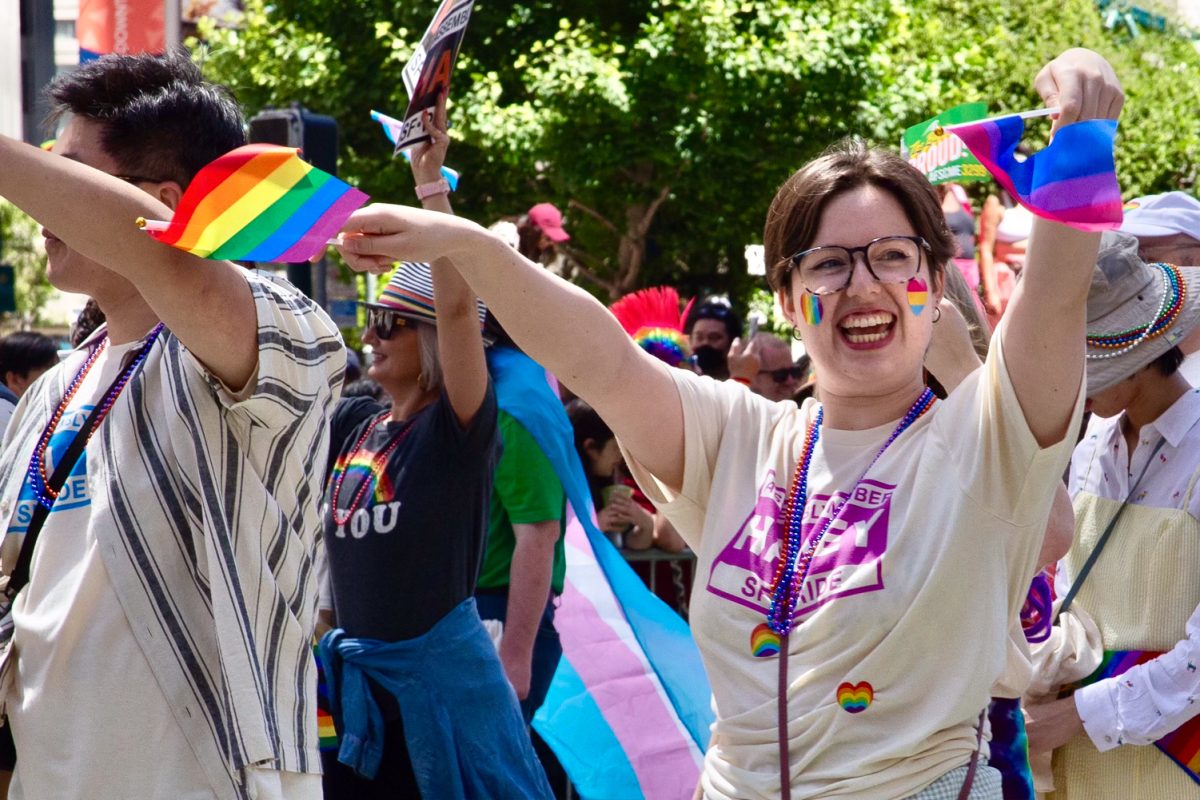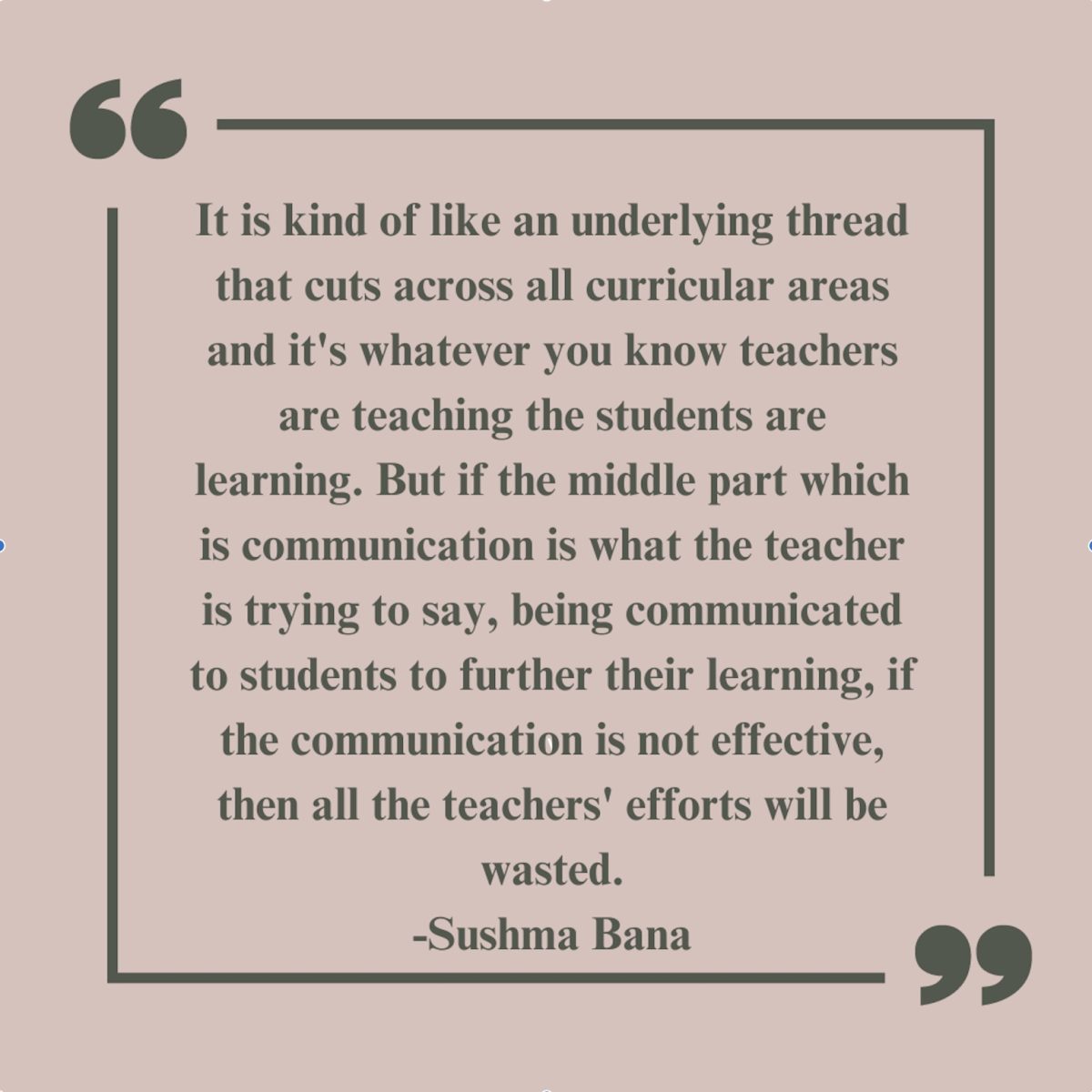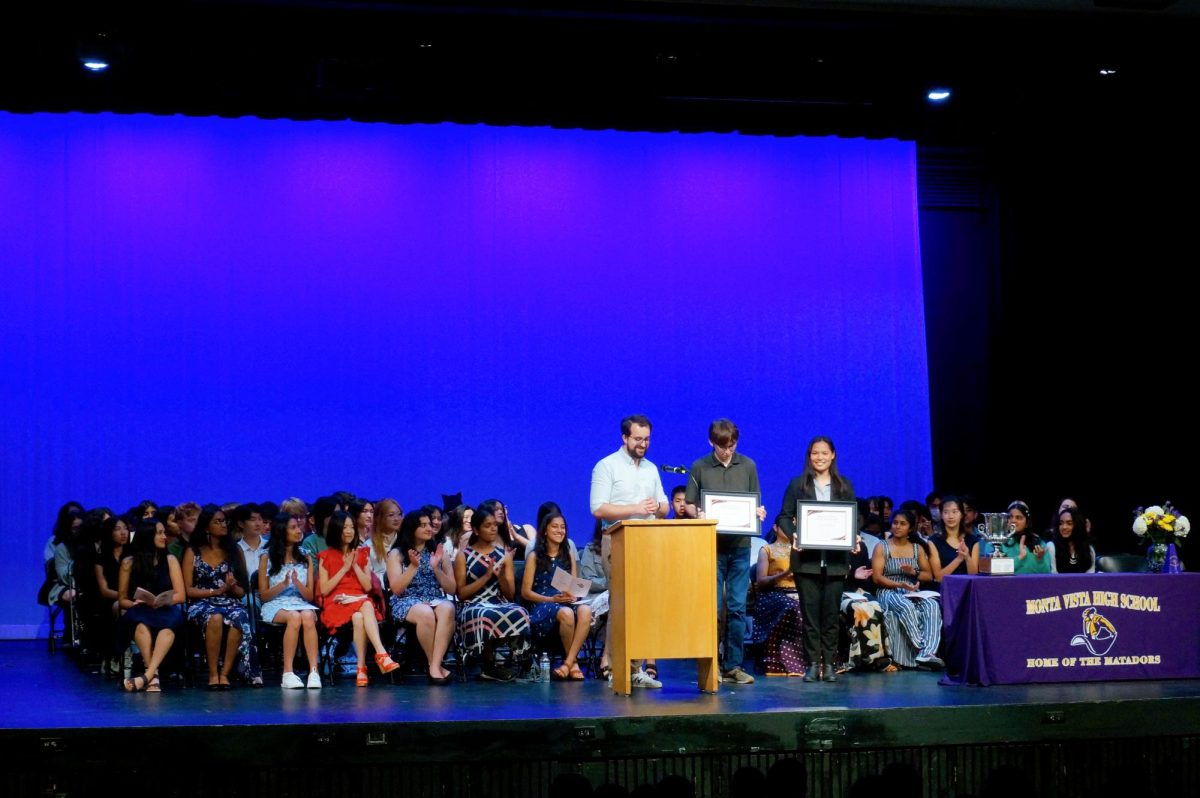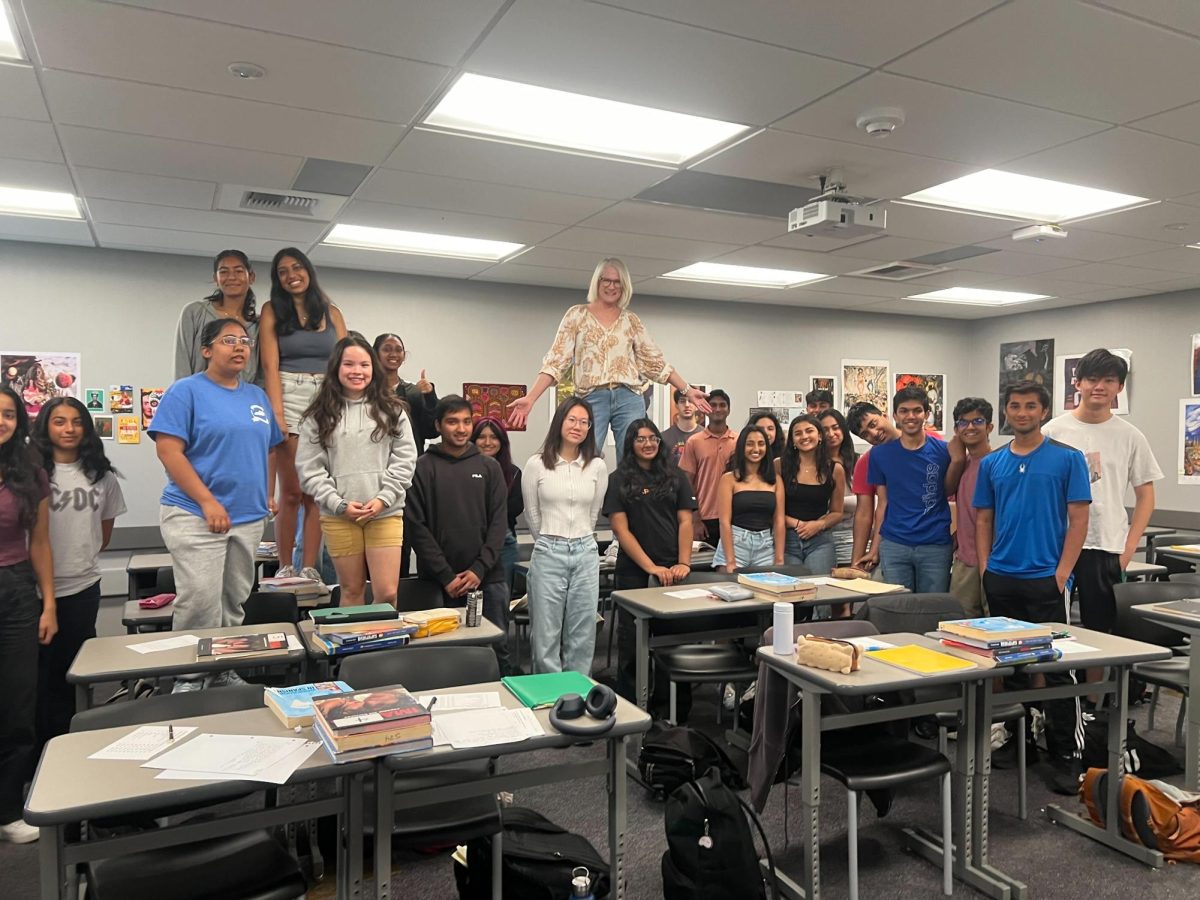The House of Representatives united in a landslide vote of 352-65 to ban the popular social media app TikTok on March 13, citing international security concerns with data privacy. The ban will take effect if the parent Chinese technology firm ByteDance does not sell TikTok within six months, resulting in the app being prohibited in app stores and other web hosting services.
“We have given TikTok a clear choice,” Rep. Cathy McMorris Rodgers told the Associated Press. “Separate from your parent company ByteDance, which is beholden to the Chinese Communist Party (CCP), and remain operational in the United States, or side with the CCP and face the consequences. The choice is TikTok’s.”
TikTok has amassed over 1 billion monthly users since its launch in September of 2016, and it is currently the fourth largest social media platform in the world. Talks of a TikTok ban by the executive branch have spanned across multiple administrations. In 2020, former President Donald Trump attempted a similar ban on the app, which was vetoed after a lawsuit by the company. In February 2023, the Biden administration banned the app from federal devices. Since then several states have begun considering banning the app, starting with Montana.
The House’s decision marks a step toward change that, if followed by a Senate companion bill and President Biden’s approval, will result in significant action.
Although the House’s decision has sparked nationwide controversy, with some expressing that the potential ban represents an infringement of rights by the government, AP U.S. Government and Politics teacher Ben Recktenwald supports the ban. He is concerned not only about data privacy on social media, but also about the addictive and negative aspects of the app. 
“TikTok is just as harmful as other social media apps — the idea is that the algorithms are designed to suck you in and keep you scrolling and keep scrolling,” Recktenwald said. “They’ve actually developed algorithms that are better at sucking in your attention and figuring out how to keep you on their platform so they can feed advertising into your eyeballs and make money off of you. And that leads to addictive personality behavior that leads to people having all kinds of mental health issues.”
Junior Julie Yu, who has amassed over 50,000 followers on TikTok since she created her account in 2019, believes TikTok has both its ups and downs as a social media platform. Yu feels that TikTok can be addictive at times and can normalize toxic environments with little regulation, given the negativity she’s personally experienced on the platform as a creator.
“I think TikTok is a great platform to share ideas for people to understand each other, but TikTok is also very toxic because people will cancel you just by seeing a 15-second video,” Yu said. “However, if TikTok does get banned, I think I would be much more productive. I’ll be able to do a lot more with my assignments.”
Junior Anushka Kumaran also uses TikTok often. She emphasizes the importance of TikTok in spreading awareness, as TikTok can be a marketing tool for businesses to cultivate a market in and offer opportunities for jobs. As a result, Kumaran argues that TikTok’s harmful aspects aren’t substantial enough to warrant federal action. On the other hand, Recktenwald believes the government should avoid hypocrisy by also regulating other social media platforms, not just TikTok.
“There are also people in Russia who operate on Facebook and social media platforms to feed misinformation into our society,” Recktenwald said. “How is this not a national security risk but TikTok is? It’s kind of hypocritical. All social media platforms should be held accountable for the content that people put up.”
Kumaran, meanwhile, believes banning TikTok would limit free speech. She believes it is not the government’s job to regulate free speech on social media platforms and that the dangers of using the internet should be addressed instead. In contrast, Recktenwald argues against Kumaran’s stance that social media companies already regulate the content on their platform. Although he understands how censoring social media could be controversial through issues of free speech, Recktenwald believes companies should be held accountable for their content’s effects nonetheless.
Specifically, Recktenwald emphasizes the importance of the U.S. government taking action little by little to regulate social media platforms. He believes that taking a step towards action is better than ignoring the problem entirely.
“I would rather see them do something than not,” Recktenwald said. “The bill is a legitimate way of trying to make sure the social media companies aren’t as toxic as they are. For example, there was somebody who leaked documents from Facebook, saying they know exactly how harmful their platform is and they don’t care. That just blows my mind.”
While Kumaran believes that social media should eventually be addressed by the government, she does not support the House of Representative investigation into TikTok, claiming there are more things to worry about.
“Banning Tiktok shouldn’t be our number one issue, especially since there’s so many wars going on and things that are bigger,”Kumaran said. “The fact that the House of Representatives is arguing over banning an app is weird to me, because you can do so many other things. I don’t understand how that is our number one concern right now.”
Kumaran acknowledges that there are varying opinions when it comes to what the government should and shouldn’t intervene in. She believes that social media is something that can have a harmful effect on society, but that individuals need to understand the consequences behind social media themselves.
“Once you become so dependent on social media, it ruins your life, but that’s something you learn,” Kumaran said. “It’s a learning process, and everyone should be in control of their own awareness of how much they should use a certain app.”



















